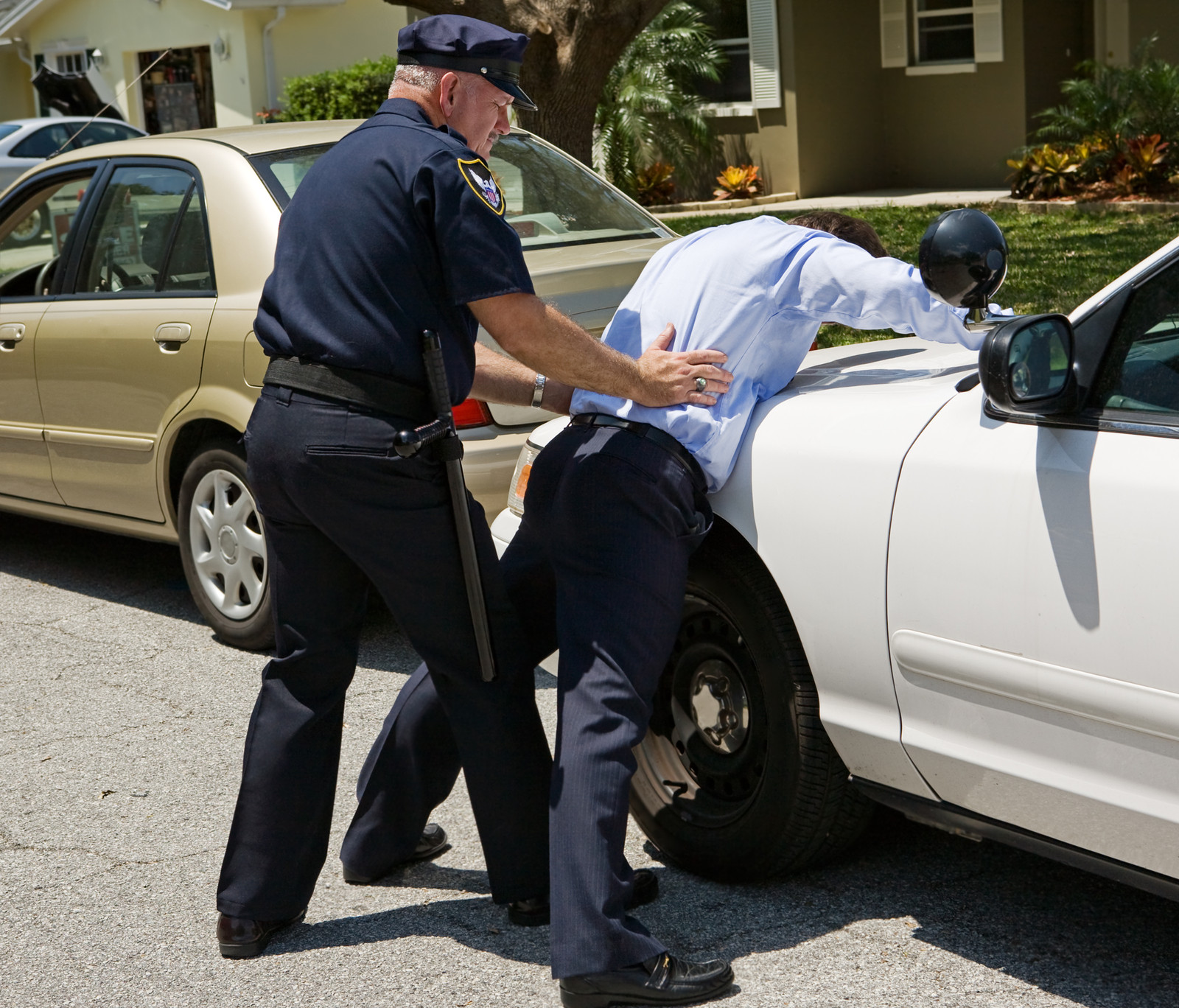Refusing a Breath Test – Should I Take a Breathalyzer – DUI
As a criminal defense attorney that defends a great deal of people charged with drunk driving offenses I am regularly asked the question, “Should I take the breath test?” The purpose of this article is to shed some light on the topic so that if you ever find yourself in the unfortunate situation of being investigated for a drunk driving offense you will be better equipped to make an informed decision.
For more information about Michigan drinking and driving offenses click here.
Refusing a Breath Test
The first thing that you need to know is that in most drinking and driving situations there are not one, but two breath tests.
The first breath test is referred to as the preliminary breath test and the second test is referred to as the chemical test usually the Breathalyzer or DataMaster.
These tests are offered at different times triggered by different events as discussed below.
Preliminary Breath Test
The preliminary breath test is the first test offered (or ordered) by police in a drinking and driving investigation.
Usually what happens is a person is stopped by the police for bad driving or some kind of civil infraction like running a light, speeding, or something as silly as having a license plate light out.
Once the person is stopped the officer will usually ask leading questions like: “Where are you coming from?”
“What have you been drinking tonight?”
“How much have you had to drink tonight?”
“I can smell alcohol, how much have you had to drink?”
In most drinking and driving investigations a police officer will order the subject out of the car to preform field sobriety tests. The most common tests that are approved by the National Highway Traffic Safety Administration are the Walk and Turn, One Leg Stand, and Horizontal Gaze Nystagmus. Other tests like counting backwards and reciting segments of the alphabet are also common tests given by officers.
The purpose of the questioning and the field sobriety tests is to obtain probable cause. With probable cause the police officer can order you to take a preliminary breath test. With enough probable cause the police can arrest you for drinking and driving.
*** SIDE NOTE: In some case the police may first order you to take the preliminary breath test before they ask you to take the field sobriety tests. This is usually the result of lazy or sloppy police work and can be challenged as an illegal search, but may also occur in cases where a person appears highly intoxicated making it harder to challenge. However, if police asks you to take the test rather than orders you, and you consent to the test it will be admissible against you as a consent to search rather than an illegal search.
The preliminary breath test occurs BEFORE you are arrested for DUI. That is one way how you will know it is the preliminary breath test and not the chemical test mentioned below.
If the police order you to submit to the preliminary breath test they may tell you what the consequence is for the refusal, they may not. I have found that when they explain the consequence they generally rush it. If you are ordered to take a preliminary breath test and you refuse it the consequence is a civil infraction (its not a crime) and carries a small fine. Think of it as a speeding ticket, or better yet a parking ticket because it will not show up on your master driving record (insurance won’t know about it).
Police can legally arrest you solely on the result of the preliminary breath test, so if the result is a .08 or higher the arrest is probably going to be a good one regardless of the results of your other field sobriety tests.
Finally, what you have been waiting for, should you take the preliminary breath test? No. The worse case scenario is that you will have to pay a few extra bucks. Best case scenario is that you refuse the test and the police do not have enough probable cause to make the legal arrest.
I use the term “legal arrest” because it is likely they will still arrest you. The benefit is that any information the police gain after an illegal arrest is inadmissible at trial. This would include the blood alcohol, which we will be discussing more at length below, but without blood evidence your case will have to be dismissed.
Should I refuse a Breathalyzer?
Michigan has what is called the Implied Consent Law. The Implied Consent Law says that if you are arrested for driving under the influence then you have consented to a chemical test.
There are three chemical tests that can be given and they are breath, blood, and urine. In all my years of practice I have never seen a urine test ever be used. The blood test is used when there is a suspicion that the person being arrested is on drugs or a combination of alcohol and drugs. A blood test is also used if a person refuses the breathalyzer and a warrant is issued, this scenario will be discussed at greater length below.
The breath test is the most commonly used test in a drinking and driving case. The name of the Breathalyzer device in Michigan is called a DataMaster or DataMasterDMT.
Once you have been arrested the police officer SHOULD read you your Implied Consent rights from a piece of paper.
If you refuse any of these chemical tests mentioned above once you have been placed under arrest for drinking and driving then the penalties of violating the Implied Consent Law kick in. The penalty for violation the implied consent law is 6 points are added to your master driving record and your driver license is revoked for a year.
In every situation I have seen where a person refuses a Breathalyzer the police officer seeks a warrant from a judge or magistrate to obtain your blood. The officer then takes the person to a local hospital where a phlebotomist or nurse draws the blood. If the person tries to resist at this point they are tied down. Once the blood is obtained it is sent to the state laboratory and the results are then sent to the prosecution.
In most cases I will advise people, especially first offenders, to refuse the preliminary breath test, but agree to this implied consent breathalyzer if arrested. The reason for this is that the Breathalyzer result will be suppressed if they arrest is later ruled to be illegal because the officer did not have enough evidence to make the arrest without the preliminary breath test. As mentioned in the last paragraph, every case I see where a person refuses the breathalyzer the cop gets a warrant and the blood is taken anyway. It is possible that your blood alcohol level will drop below a .08 in the time it takes to get the warrant and blood draw but this would be for a very small amount of cases and those case would likely still be prosecuted under an operating while impaired charge.
Bottom line for 99% of cases, the advice is to refuse the preliminary breath test and agree to the chemical test / implied consent test if you are still arrested for DUI.
If your driver license is already revoked or if you never obtained a license then you should probably just refuse both tests. Maybe you will buy yourself time, maybe the police won’t get the warrant, but if your license is already revoked what does it matter if they revoke it again?
Drinking and Driving Lawyer
Aaron J. Boria is an experienced drinking and driving lawyer. Our office is located in Plymouth Michigan in Wayne County. We have defended people accused of drunk driving all over the state of Michigan with amazing results. We have even won drinking and driving charges at trial and obtained dismissals.
We take a limited number of cases every month in order to ensure the best representation possible. Call (734) 453-7806 to speak with Boria directly. To learn more about drinking and driving lawyer, Aaron J. Boria click here.




